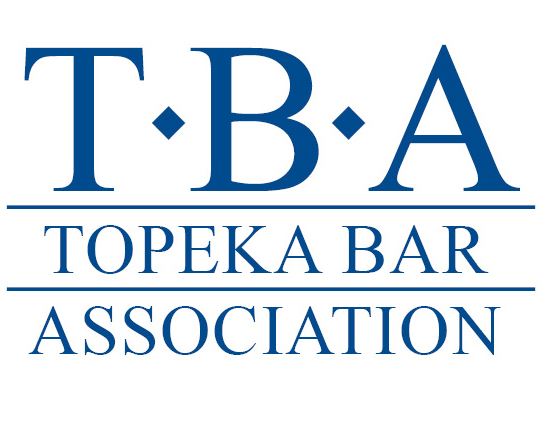- Home
- Opportunities
- Mentorship Program
Mentoring Program Like a stone dropped at the edge of a pond, the effect will ripple across the water. Your efforts as a mentor could have a positive rippling effect on other lawyers and bring you many personal rewards. |
How the mentoring program works The program provides for a one-on-one assigned match for one year. Protégés will request a mentor from the program administrator. Every effort will be made to match those with similar interests, practice area, size of practice, special abilities, geographical location, even gender and ethnicity, if that’s important to the protégé. Mentors will be encouraged to meet with the protégé on a reasonably frequent basis and to stay in contact by telephone or e-mail. Protégés are not to use the mentor as a crutch- they should serve their own clients and use their own skills. Protégés are also to provide their own legal advice to their clients. Mentors will simply provide general advice, assistance, and wisdom. Important Information
|
Make a difference in the legal profession. If you can remember when “simple” or “routine” matters didn’t seem so “simple” or “routine” then you can help by mentoring to a colleague. As a mentor, you voluntarily provide your time with the aim of creating a more cooperative and collegial legal profession. But most of all you can share your knowledge with others who are experiencing similar frustrations and dilemmas. Why let other lawyers repeat the same mistakes you may have made? Why is there a need for a mentoring program? Many informal mentoring relationships have been in existence for years. Oftentimes, older or more experienced lawyers took it upon themselves to take a new lawyer in their community “under their wing.” Solo practitioners often had lunch together or met at courthouses to “talk over” issues before them, and they helped each other. More experienced lawyers in firms helped a lawyer, new to the firm, to get “up to speed” and they were there to lend an ear. These relationships do still exist today, but they are not as prevalent as they once were. This may be causes by a significant increase in the number of new lawyers being admitted each year and the intensified competition for clients. Attitudes have changed about helping each other, which is not healthy for the profession. | Benefits of a Mentoring Relationship The benefits of a mentoring program extend beyond the more experienced lawyer mentoring a newly admitted lawyer. Lawyers who completed their education before technology was commonly used could greatly benefit from a younger lawyer mentoring them in the use of computers and other technology to improve the efficiency of their practices and allow them to remain competitive and serve their clients better. Small firm practitioners especially those practicing solo, could benefit from a mentor to aid with practice management assistance or simply someone to help explore ideas on a particular case. Given today’s competitive market, lawyers in large firms, government or who work as in-house counsel are often unsure whether they should ask questions of their supervising lawyer for fear that it may compromise their future. A mentor could be the answer. Lawyers with disciplinary grievances due to their inexperience could benefit from a mentor. Malpractice claims could potentially be avoided or reduced because of the assistance of a mentor to a less experienced lawyer. Lawyers doing pro bono work outside of their practice area could benefit from a mentor with more experience in the area. Mentoring can help improve relationships among lawyers and promote camaraderie within the profession. The public could benefit from improved professional services through the assistance of their lawyer’s more experienced mentor. Perhaps it is simply the right thing to do to pass on a legacy of mentoring that seems to have declined among contemporaries. |
For more information or to sign up contact: Topeka Bar Association at tba@topekabar.com | Protégé Qualifications
There is no time limit on the number of years in practice in order to request a mentor. Periodic reports may be requested from both the mentors and protégés to ensure that the mentoring relationship is active and beneficial. | Mentor Qualifications There is no minimum age limit or a required number of years in practice. It is recognized that mentoring may extend beyond that of an older, more experienced lawyer mentoring to a younger, newly licensed lawyer. For example, younger lawyers may have technological skills that could be very helpful to lawyers who are older and have not developed these skills. The best mentors will be experienced lawyers who are good at listening and who can develop a climate of acceptance and trust. A keen sense of professionalism and dedication to ethical practice is essential.
|
